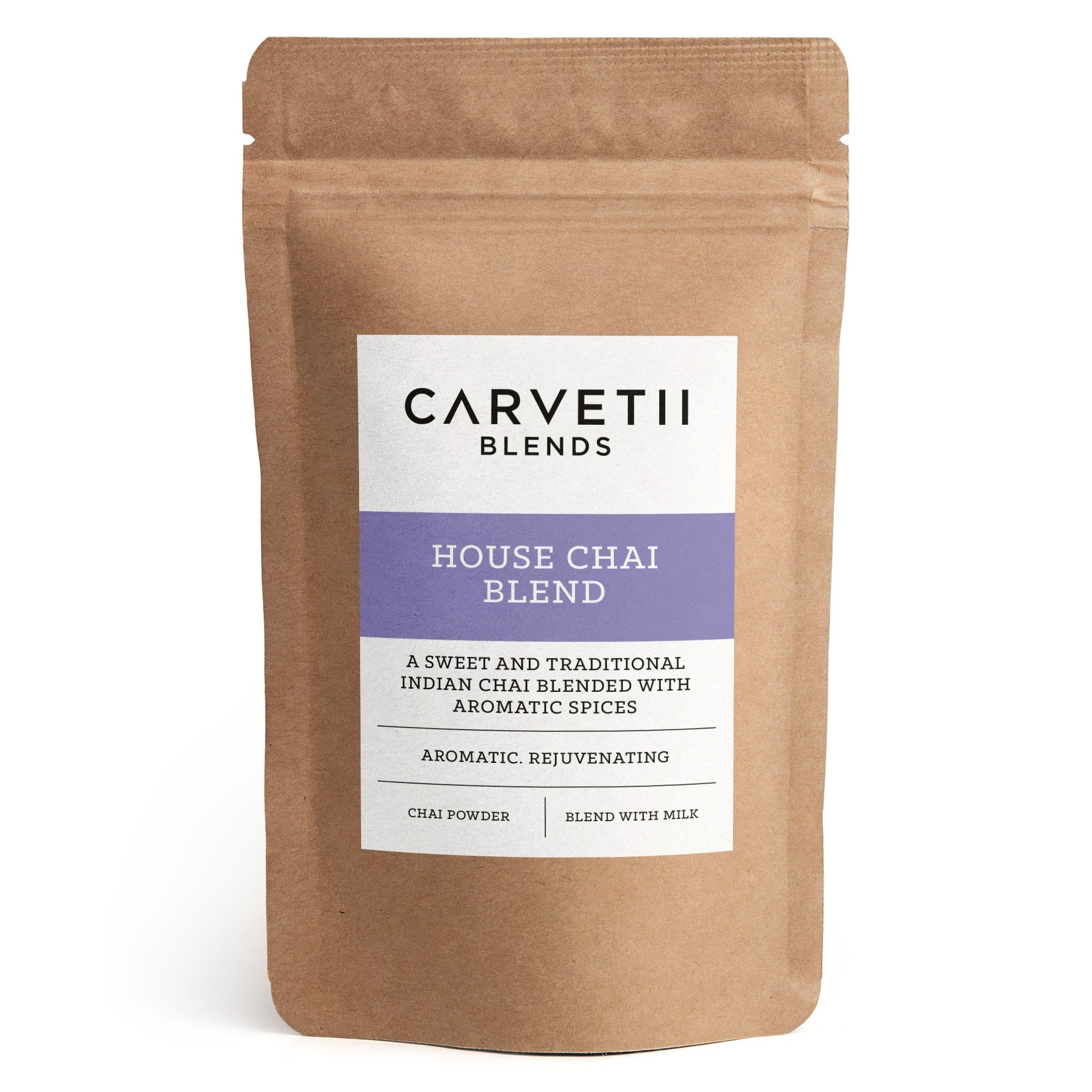Lakes Inspired Espresso Blend
Our seasonal espressos each come with their own story, which is part of what makes them so special. Here we take a closer look at the producers behind this coffee.
EL SALVADOR
Miramar
Miramar is a 15.5 hectares farm, and is owned by Fernando Alfaro, who started his coffee growing company in 2019. His vision for the company was to enter into the international specialty coffee market with coffee from El Salvador. Fernando acquired Miramar from his father-in-law, Dr. Napoleón Diaz Nuila, in 2019, to begin producing exotic varietals to submit into competitions such as Cup of Excellence.
Varietal: Arabigo and Bourbon
Processing: Fully washed
Altitude: 1,650 to 1,700m
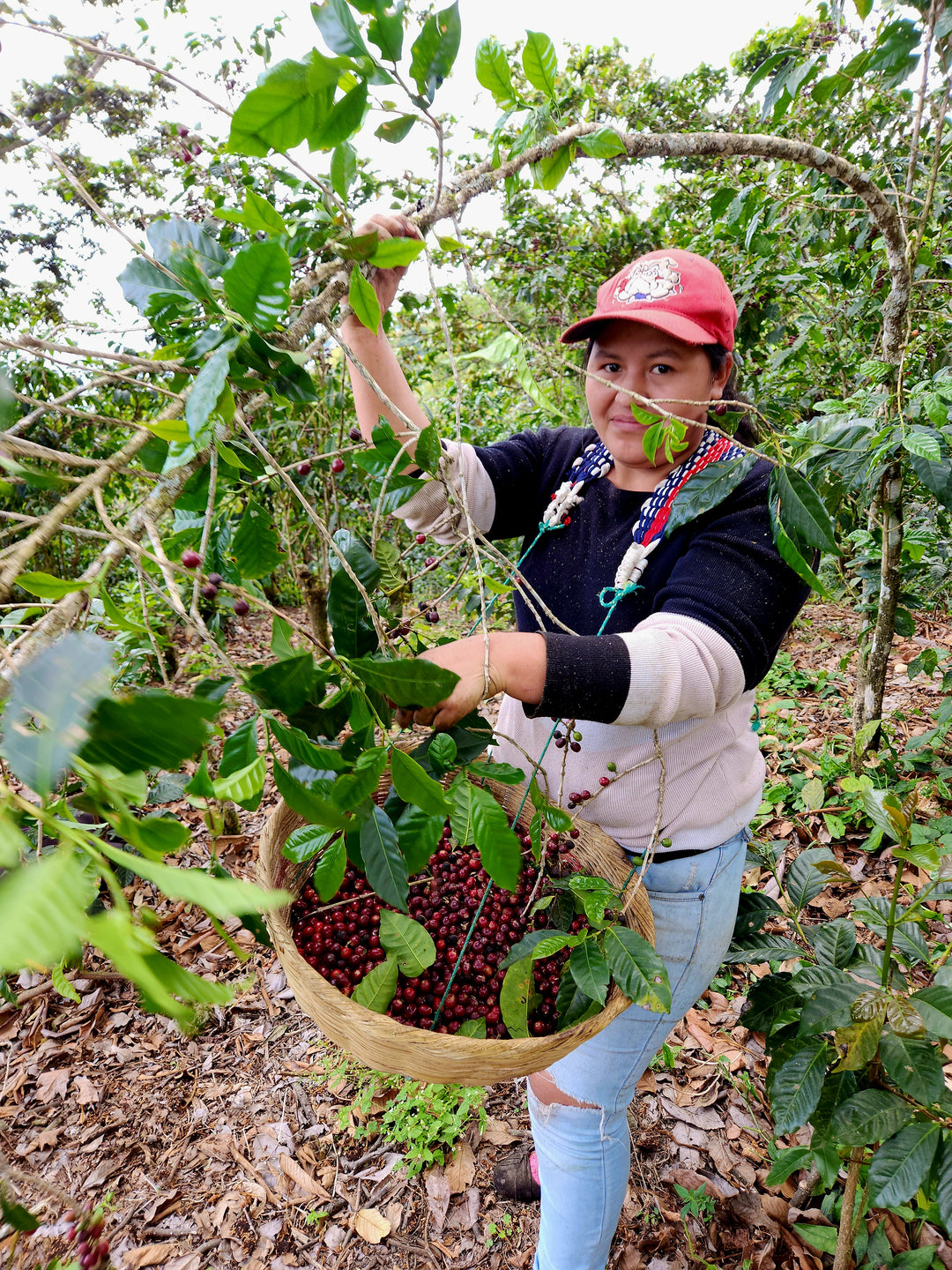
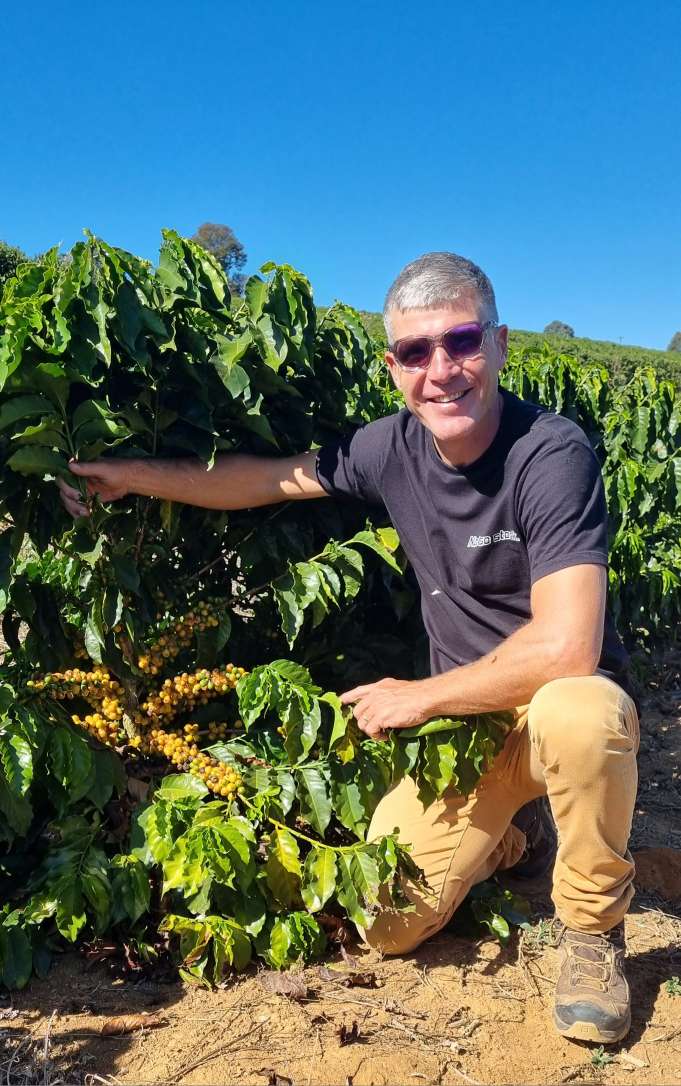
BRAZIL
Fazenda Santa Cruz
The South of Minas is quite well known for coffee production in Brazil, thanks to its flat terrain, rich soils, and delicate temperatures. It is here, in the town of Varginha, where Fazenda Santa Cruz is situated. The farm was acquired by the young couple, Guilherme and Karyna Rabelo in the 2020s, and they have truly found a way to grow some excellent coffee. They maintain an expansive farm, with 20% dedicated to preserved native forest.
Varietal: Arara, Bourbon, Catuaí, Mundo Novo, Acaiá and Icatu
Processing: Pulped natural
Altitude: 980m
HARVESTING & PROCESSING
Miramar
After the coffee was carefully handpicked during the harvest, the cherries were delivered to the El Carmen mill. There, they were de-pulped via machine to remove the external fruit and then sent to a tank to naturally ferment for 6 – 8 hours. Afterwards, the coffee was washed with clean water to remove any remaining mucilage or foreign material. The freshly cleaned coffee was then dispersed on clay patios to dry in the open sun for 15 -18 days, being moved consistently to prevent the growth of mould.
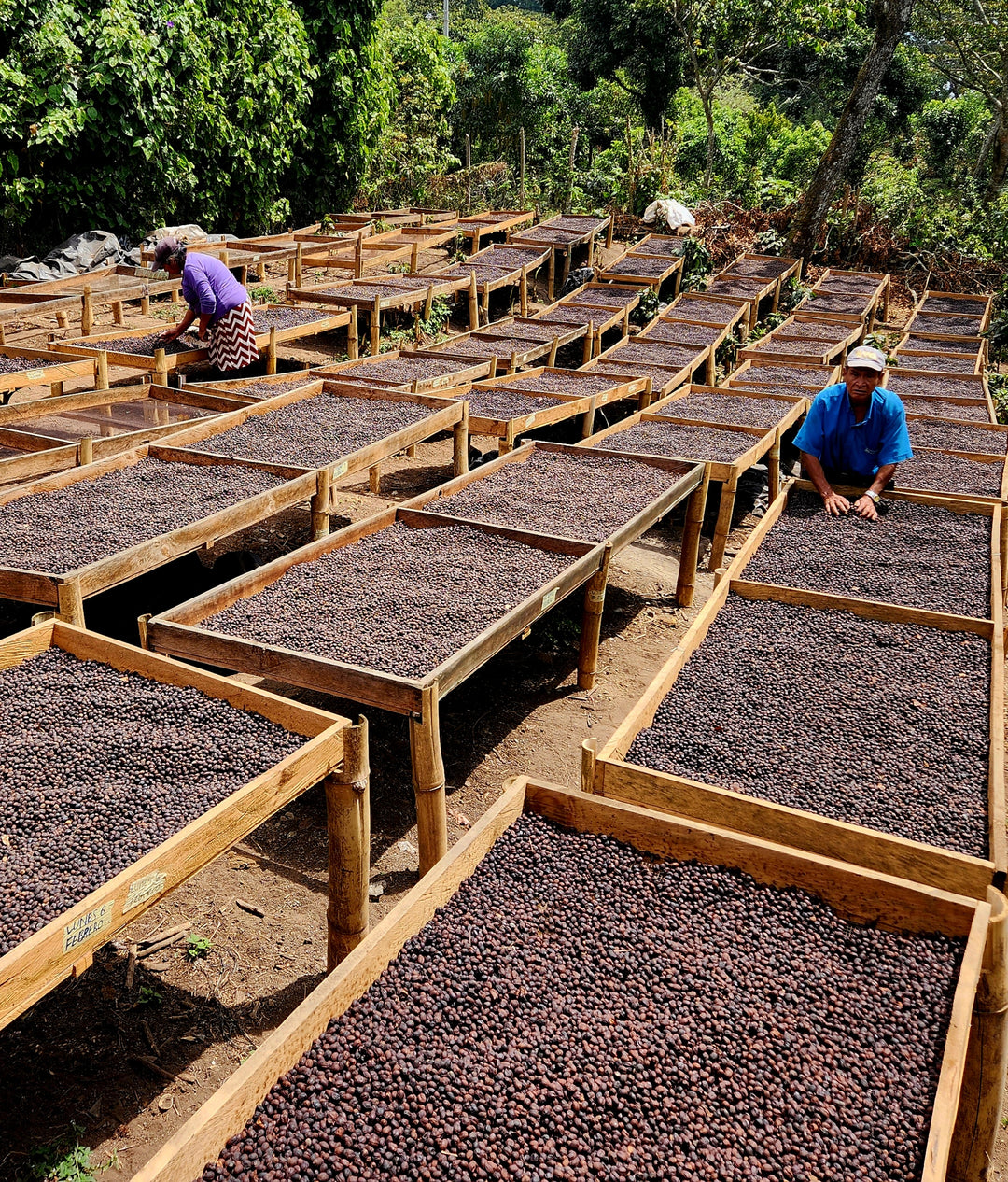
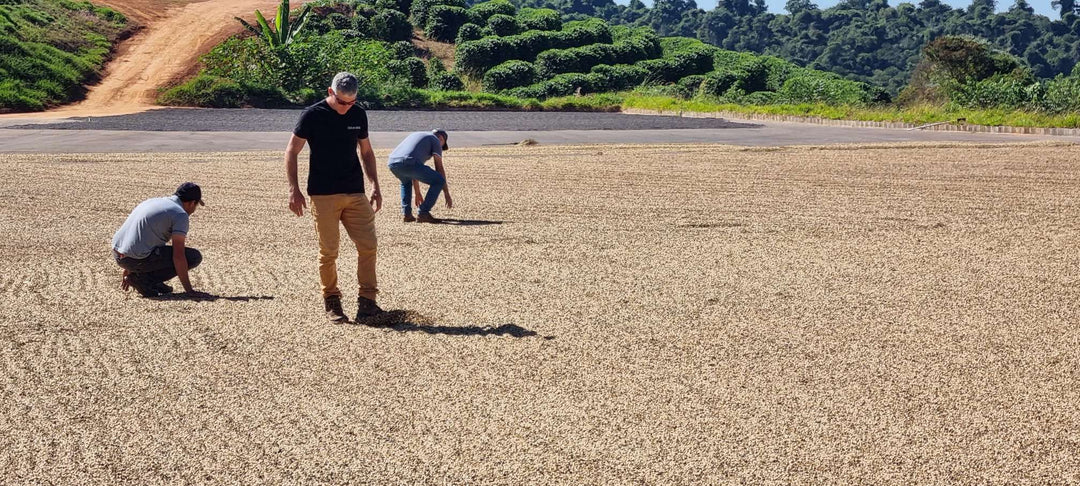
HARVESTING & PROCESSING
Fazenda Santa Cruz
During the harvest, once the cherries reach peak ripeness, they are handpicked and delivered to the mill via trucks onsite. They are then sorted to remove any cherries that may not be the ideal ripeness. Within 12 – 24 hours of harvest, the cherries are usually de-pulped with a machine to remove the external fruit skin. Roughly 5 – 10% of the sticky mucilage is left on the bean. The coffee is then spread in even layers on patios to dry in the open sun for 7 – 14 days, depending on the weather. Once the moisture content reaches 10 – 12%, the beans are gathered to be bagged and rested prior to being hulled and prepared for export.


